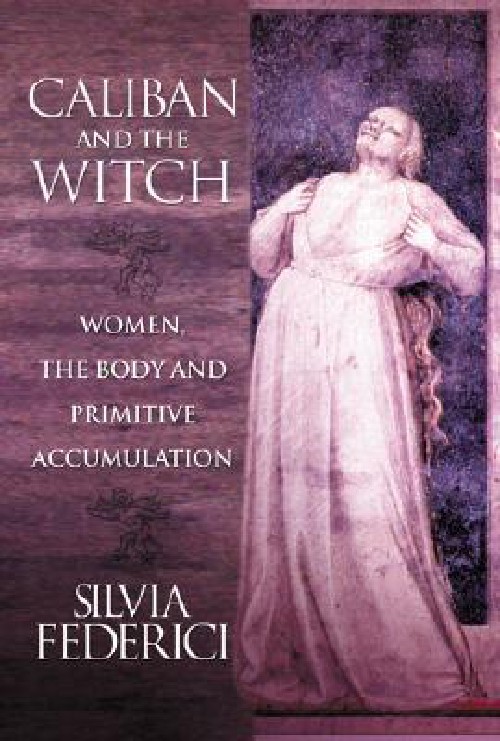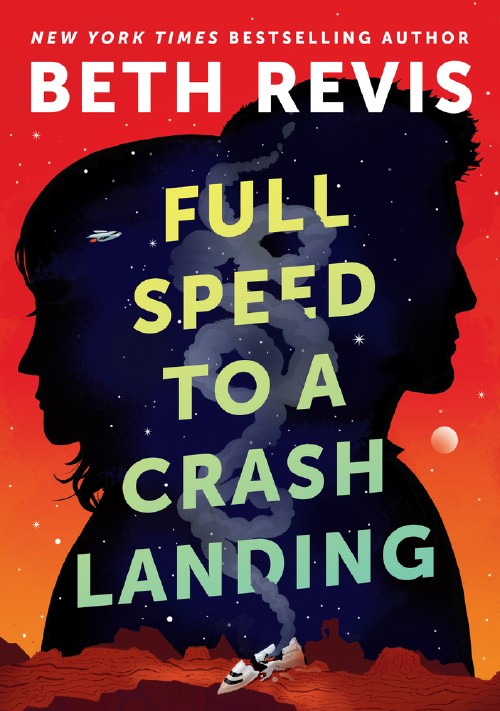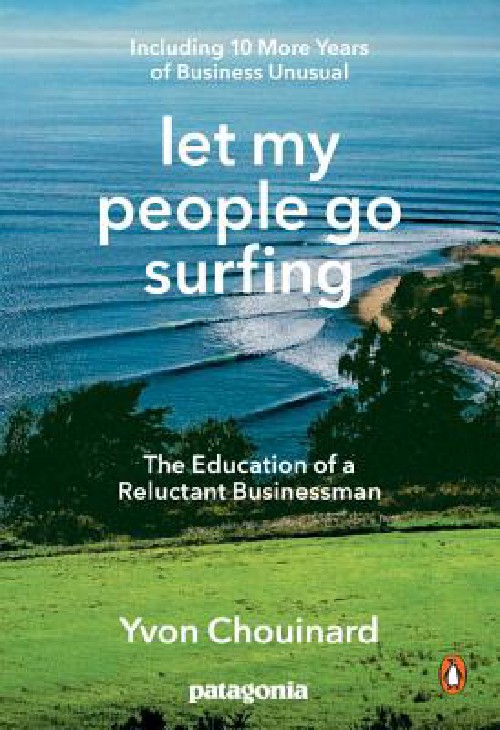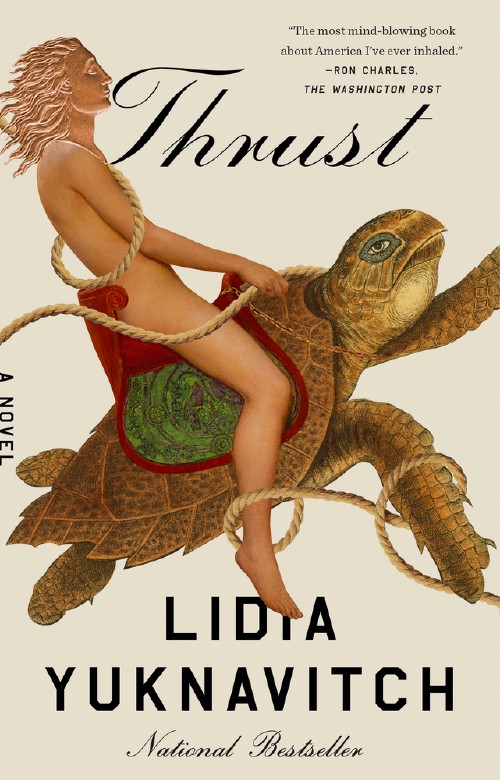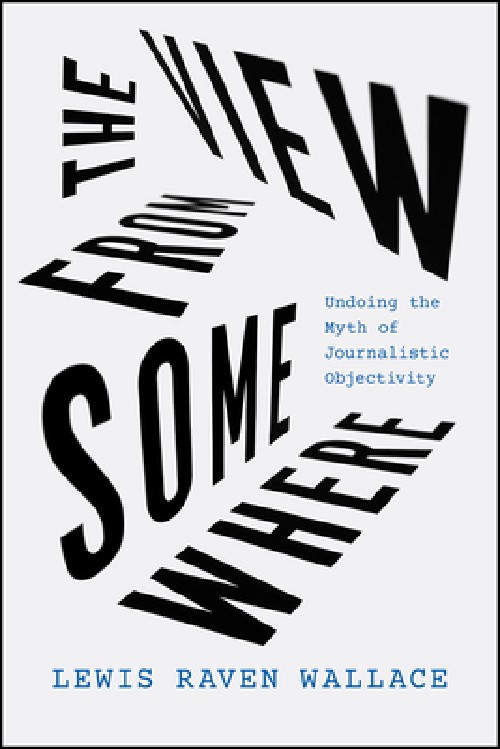
The View from Somewhere
Copyright 2019, University of Chicago
Cultural Analysis
Lewis Raven Wallace’s book The View from Somewhere is a book I wish I could require every single one of my friends in the media to read. In it, Wallace examines the history of “objectivity” and finds that it is best understood as an ideology in defense of the status quo; an argument against journalists having an opinion or a perspective on the many injustices and power imbalances they cover.
In the world we live in right now, a world of rampant inequality and injustice, a world of unaddressed climate crisis and numerous environmental horrors, Wallace argues that for journalists, “standing to the side of history is impossible when we are the ones writing it.” His book is deeply researched and well-argued and I found myself underlining almost every paragraph.
Towards the end of the book, after examining how “objective” journalism has harmed so many people in America by treating their voices as “biased” and thus untrustworthy, Wallace examines how institutional journalism works in an extractive model:
The extractive approach to journalism treats facts like coal in a mine, using sources and places the way mining companies use land—as a resource to dig into, and then leave behind. It’s the most common model for journalism today, particularly journalism about marginalized communities, and it goes hand in hand with “objectivity”: the outside observer objectifies the people and places the stories are about, who become “sources” rather than human beings. It is deeply grounded in capitalist ideology: people, experiences, and events are turned into commodities, things that can be sold as “clickbait” or pushed as “shareable content.” Such objectification bolsters journalists careers, but it doesn’t build trust or necessarily reflect a truer version of the world. It also limits the action and agency of the people and things we write about and claim to know, freezing them in place.
Wallace then highlights journalists exploring alternate models; people who aren’t worried about “objectivity” but are worried about truth, about trust, about helping their audience understand the world and then working with the audience to change the world for the better. Wallace puts forth one of his deepest values, of “admitting what we don’t know—allowing our minds to swim in the questions, to be submerged.” He argues, and I find his argument deeply compelling and necessary, that journalists must allow for a multiplicity of truths, so that we have “more narratives and more voices, tools with which to fight back against falsehood.”
Near the end, Wallace points out that “if cries of ‘fake news’ lead us to the conclusion that nothing at all can be true, then the game is pretty much over. The winners are the people in power, the people with something to hide.” Wallace’s book is an important, wonderfully written volume arguing that this game is not over yet, but it may be soon if we cannot understand and let go of the many ways that institutional commitments to “objectivity” tie us to the systems that are destroying us.
